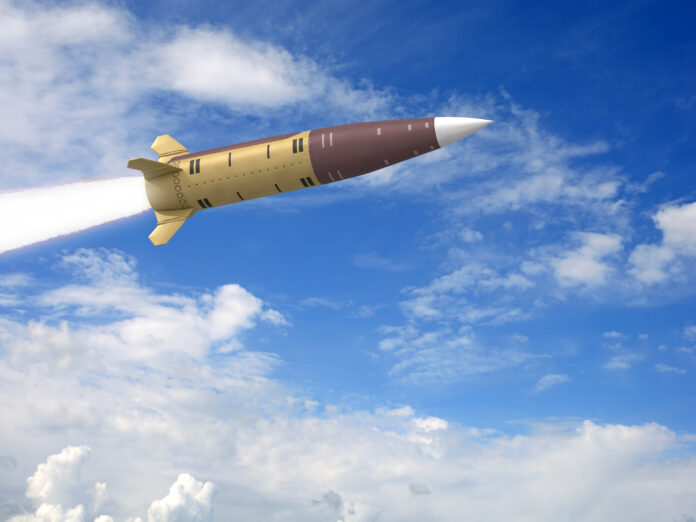In a dramatic escalation, Ukraine has launched its first strike on Russian soil using U.S.-supplied long-range missiles, just days after receiving approval from the Biden administration.
The attack targeted an ammunition depot in Karachev, Bryansk region, approximately 75 miles from Ukraine’s border. The strike, carried out on the 1,000th day of the war, lit up the night sky with a fiery explosion.
ATACMS Strike Marks a New Phase in the Conflict
Eyewitnesses and military bloggers from both Russia and Ukraine first reported the incident, later confirmed by anonymous Ukrainian military officials who disclosed the use of U.S.-made ATACMS (Army Tactical Missile System). Russia’s Defense Ministry claimed to have intercepted five missiles, while a sixth struck the depot after being damaged mid-air.
Kyiv has yet to officially acknowledge the strike, but the event underscores the growing role of Western weapons in Ukraine’s defense strategy. This development comes amid heightened concerns from Moscow, with Kremlin spokesperson Dmitry Peskov issuing a chilling warning of potential “nuclear responses” to attacks on Russian soil.
Putin Updates Nuclear Doctrine Amid Rising Threats
Russian President Vladimir Putin recently formalized an updated nuclear doctrine allowing for the deployment of nuclear weapons in response to conventional attacks on Russian or Belarusian territory by nations allied with nuclear powers. This policy shift, announced in September and enacted today, adds another layer of danger to the conflict.
The doctrine specifies that conventional missile strikes, drones, or other aerial assaults could trigger a nuclear response, raising fears of catastrophic escalation after Ukraine’s missile strike.
Kyiv Remains Defiant Despite Escalating Rhetoric
Ukraine’s foreign ministry issued a defiant statement, rejecting Russian threats and vowing to hold Moscow accountable for its violations of international law. Ukrainian President Volodymyr Zelensky called on Western allies to maintain their support, emphasizing the need for “peace through strength” and urging nations to pressure Russia into a “just peace.”
In an address to Parliament, Zelensky reiterated his resolve: “Ukraine will never surrender, and our resilience will determine who prevails in this historic battle.”
Western Allies Bolster Support for Ukraine
The missile strike followed the Biden administration’s recent decision to lift restrictions on Ukraine using long-range Western munitions to target Russian territory. NATO allies have also ramped up support, with Secretary General Mark Rutte advocating for increased military aid.
Rutte warned of the broader implications of a Russian victory, stating, “An emboldened Russia would pose a direct threat to all of us in the West.” He emphasized the urgency of reinforcing defense industries and highlighted NATO’s largest-ever artillery drills, currently underway in Finland.
A Decisive Year Ahead
As the conflict intensifies, Zelensky predicts that 2025 will be a pivotal year in determining the war’s outcome. With U.S. and NATO backing, Kyiv aims to secure both military and diplomatic victories. However, the risk of escalation remains high, as Moscow signals its willingness to retaliate against Western nations supporting Ukraine.
The coming months will test the resolve of all involved, as global powers navigate the delicate balance between supporting Ukraine and avoiding an all-out war.


